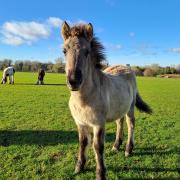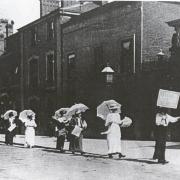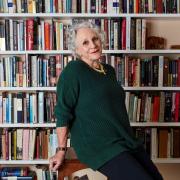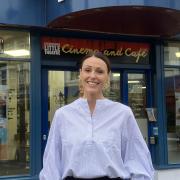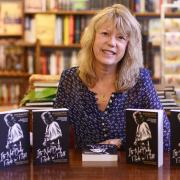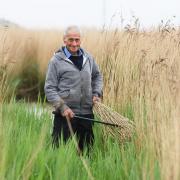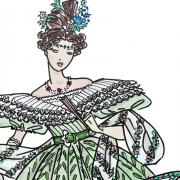The Holt Society has balanced conservation with commercial demands for 50 years to create a thriving, historic town for all.
For half a century, the dedicated members of The Holt Society have protected, enhanced and helped celebrate with a passion all the things which make their town so special. This month, the society will mark its 50th birthday with a week of activities, workshops and events for everyone in the town to enjoy, including a series of exhibitions looking at Holt’s wartime history.
The society was originally established in 1965 to consider the impact of the changing nature of the Georgian town as small business, light industry and tourism became more prominent. The committee came up with an initial list of 33 projects which needed considering – and even in those days parking was top of the agenda, along with the problems of street signs, street furniture and litter, and the need for tree planting schemes.
Vice chairman Mary Alexander says that although many of those issues remain relevant today, the society has moved with the times.
“When the society first started it was very much to preserve the historic identity of the town and in that sense nothing has changed today. But now we see our identity slightly differently. We always were and still are conservation orientated. I travel all over Britain as a lecturer, and you get to see just how wonderfully unique all the different parts of this country are. In Holt, you have these amazing, rich, warm apricot colours in the flint buildings which are so very special in this area and we must protect and celebrate those differences. But it is important to work with modern businesses as well, as that is also very much part of what makes Holt special.”
Last year, English Heritage published a report on the homogenisation of the high streets of Britain and it singled out Holt – drawing on research done by The Holt Society - as a great example of somewhere people visited because of its strong identity and vibrant independent shops.
“All the units in and around the high street are small, which means it has all these wonderful independent retailers and eateries. Even when we have had large chains move in to the town centre, such as Fat Face and Joules, they have worked closely with the town to make sure they fit in with its heritage, renovating the facades and adapting their corporate logos accordingly if needed.”
The society, which has 250 members, works closely with the town council and Chamber of Trade to support independent businesses and advise on planning issues. But it doesn’t just deal with serious issues; members enjoy a lively calendar of events and activities, learning more about the heritage of the town, visiting historic buildings, supporting local causes and enjoying many social occasions.
“As a society, I must say it is a joy to be a member. It is incredibly friendly and supportive and we also have a lot of fun,” says Mary. “Our members include local business owners, those who have lived here all their lives and others who have moved here from away, and it reaches across the demographic. We want to help the town build an awareness of its own history and to recognise the importance of that heritage to its future.”
Artist and author Matthew Rice has also designed two pieces of new art work for the society in honour of his affection for the town and its heritage. He has gifted the society two drawings, one of a curious dog look up at Blind Sam – the tall gas lamp on Obelisk Plain – and an owl designed for use on any publicity material.
The week-long birthday celebrations include free events, such as a family history day, heritage and art trails and some fascinating exhibitions.
“We wanted it to be really inclusive for the whole community and all ages to enjoy. We have involved the local primary school and library,” says Mary.
A key part of this year’s anniversary is the publication of the second volume of Wartime and post-war Holt, written by historian John Roebuck, and there will be a special event with the author to share some of the stories recorded in the book. It details the important role the town played during the Second World War and the impact on the community in the years after.
For the full programme of events, from May 1 to 8, see www.theholtsociety.org
Wartime and post-war Holt, by John Roebuck, is available from the society for £13.50.




